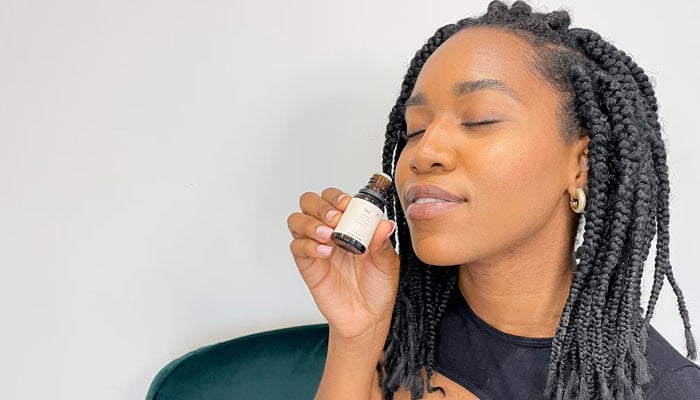Familiar smells may help unlock good memories in depression — give it a try
Participants with depression were exposed to range of scents including ground coffee and coconut oil
February 15, 2024

Have you ever been taken back to a cherished moment in your life after smelling a certain scent? It turns out that smells are more effective than words in evoking positive memories, and can potentially help people with depression break free from negative thought patterns.
A study from the University of Pittsburgh exposed 32 people between the ages of 18 and 55 with major depressive disorder to 12 scents in jars, including Vicks VapoRub, ground coffee, coconut oil, cumin powder, red wine, vanilla extract, clove bulbs, shoe polish, orange essential oil, and ketchup.
After smelling the vial, neuroscientists asked the participants to recall a specific memory and whether it was good or bad, The New York Post reported.
The lead author of the study published in Jama Network Open, Kymberly Young said that depressed individuals who smelled a familiar scent were more likely to recall specific memories or events, such as being at a coffee shop a week ago, compared to general memories.

She said that smells evoked memories that felt more "vivid, immersive, and real" compared to word cues.
"It was surprising to me that nobody thought to look at memory recall in depressed individuals using scent cues before,” Young, who is also an associate professor of psychiatry at the University of Pittsburgh School of Medicine, said in a press release.
Young found that the amygdala, a part of the brain responsible for controlling the "fight or flight" response, aids in memory recall by directing attention to specific events.

Scents trigger the amygdala through nerve connections in the olfactory bulb which is a mass of nerve tissue tied to the sense of smell.
The fact that scent could trigger happy memories in non-depressed people encouraged Young to study smell and memory recall in depressed individuals.
Young said that improving memory in people with depression could help them heal faster.











